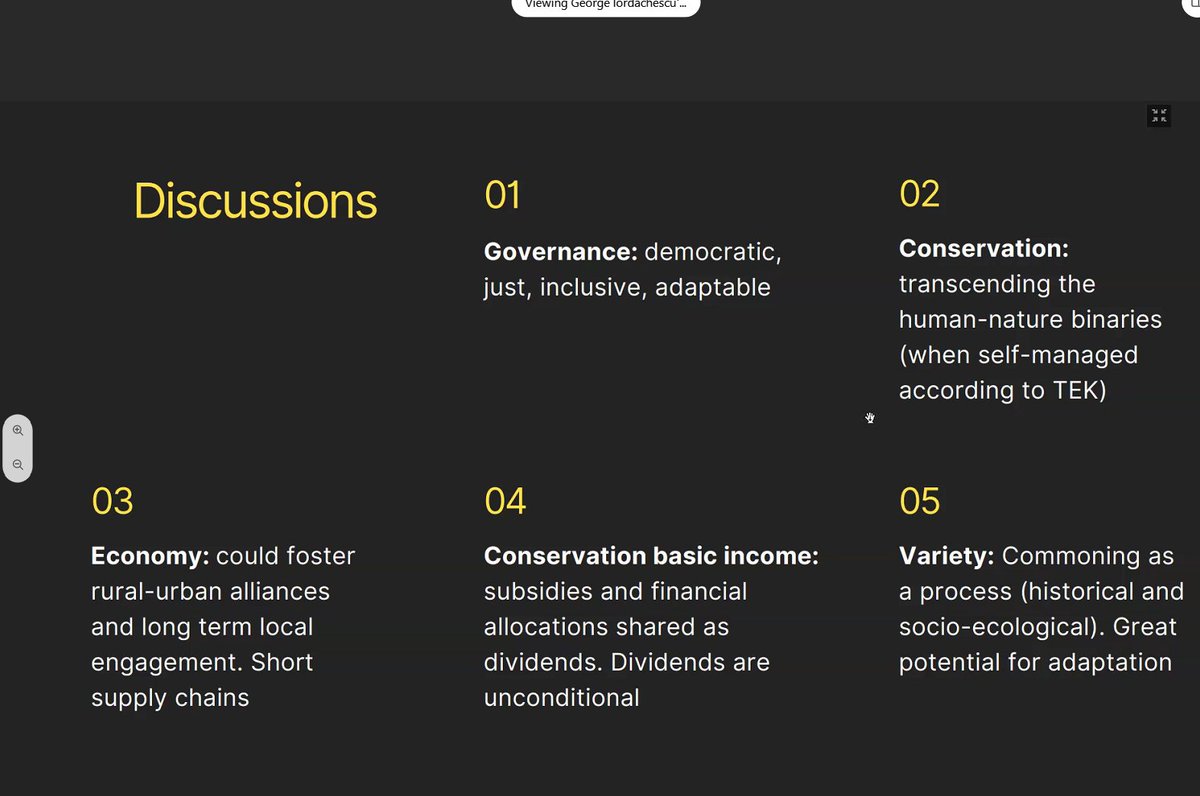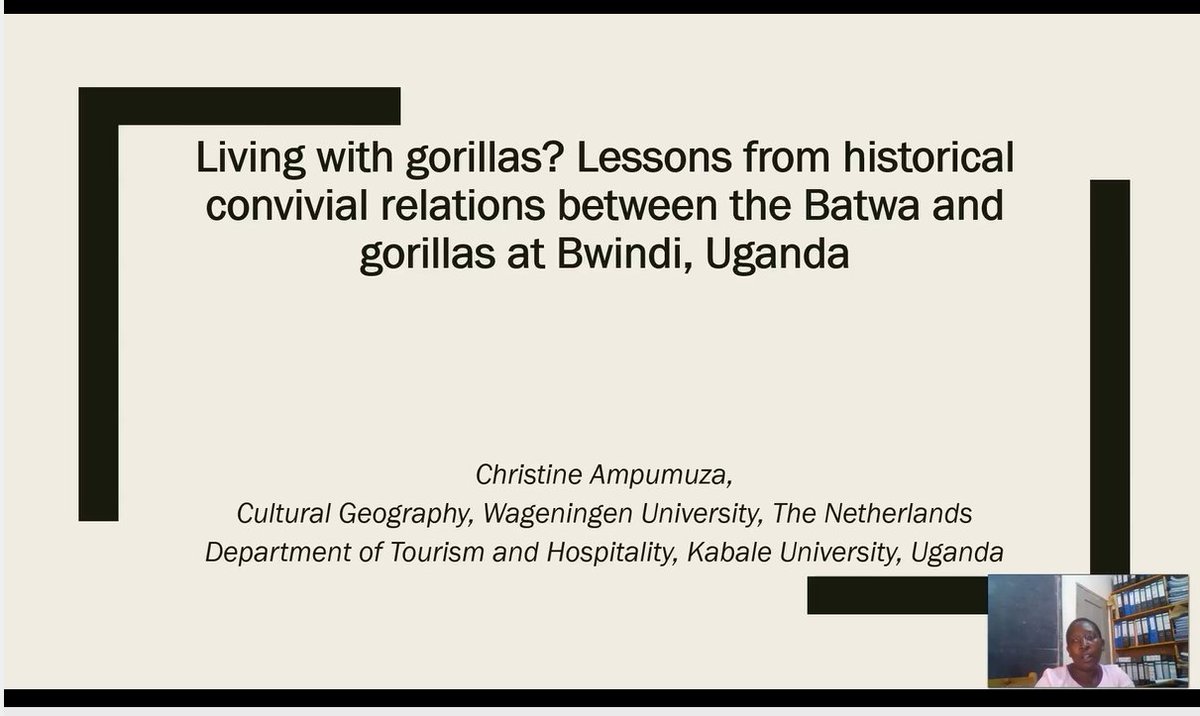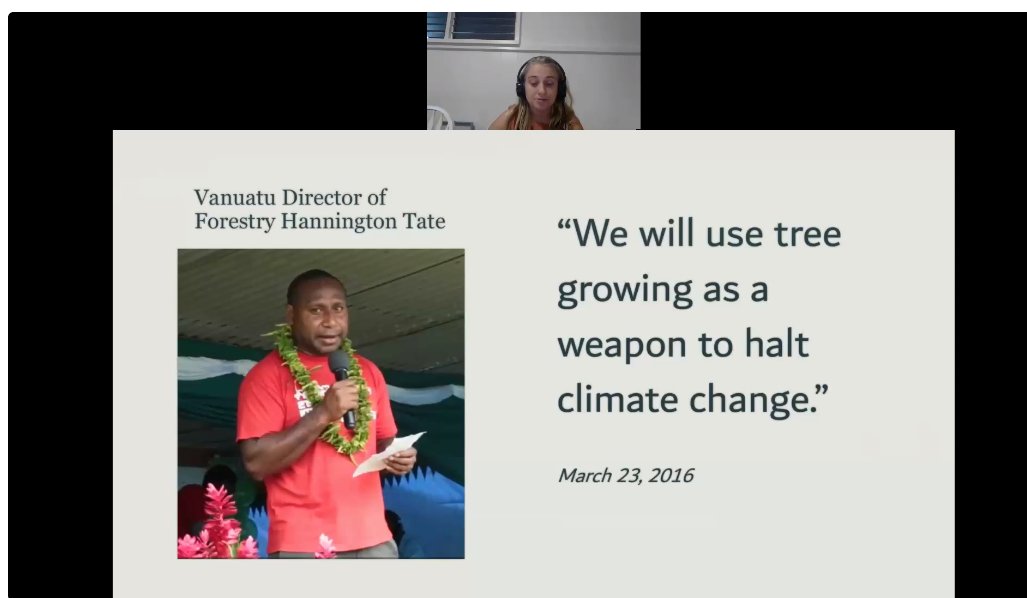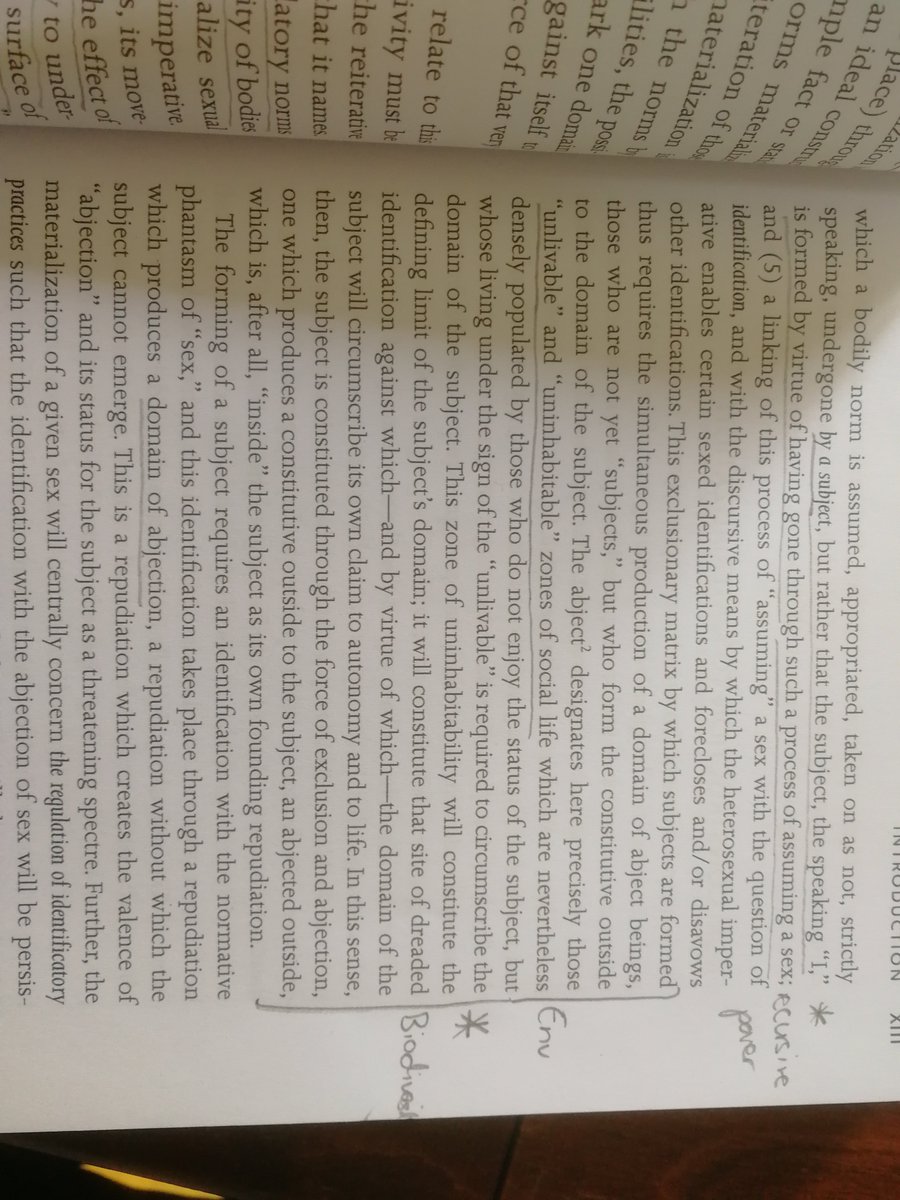"The recent radical ideas to save nature; namely ‘half earth’ (nature needs half) and ‘new conservation’ further threatens biodiversity conservation and community livelihoods" - Wilhelm Kiwango #pollen20
Challenging the mainstream narrative at this crucial time
#rewilding
Challenging the mainstream narrative at this crucial time
#rewilding

George Iordachescu highlights the long history of collective management of large forested and pasture areas. #Commons management goes back 1000 years, transcending nature-culture divide and drawing on local #knowledge. Conservation not the main goal (it's #livelihoods) #pollen20 





Emmanuel Akanpurira unpacks some of the assumptinos Fortress Conservation is based upon.
He draws on Butler and Membe to deconstruct assumptions about human-wildlife conflict.
Work from Uganda shows conflict not inevitable but due to authority-grabs by conservation NGOs..



He draws on Butler and Membe to deconstruct assumptions about human-wildlife conflict.
Work from Uganda shows conflict not inevitable but due to authority-grabs by conservation NGOs..




Mathew Mabele - Proposals for Half Earth ignore the critiques showing the social consequences of Protected Areas and lack of account of the roots of of biodiversity loss (Calls for increasing to 30% of the worth are nevertheless being driven in the current biodiversity agenda) 

There are alternatives! Mathew draws upon Ubuntu philosophy, which, recognises a historical conviviality of humans and non humans and a code of obligations with how to act with other humans and others. 

Point is Protected Areas have deep links to colonialism. PAs go hand in hand with the separation of nature from people. These mentalities are institutionalised through training in ecology. PAs are increasingly militarised with few spaces for restitution and conflict mediation. 

They also go hand in hand with other forms of enclosure. Sanna Komi points out that conservation politics in Finland express a 300-hundred year history of enclosure, class-formation that have enabled commodity extraction; a direct consequence of enlightenment thinking.. 





Sorry that I missed some of the great presentations in this double-session. Shout out to Christine Ampumura's great presentation "Living with gorillas? Lessons from historical convivial relations between the Batwa and gorillas at Bwindi, Uganda." 





A take-away from Christine's great pres is that #convivialconservation provides a good starting point but should be adaptive. She draws from research at Bwindi, Uganda, and Batwa narratives on conviviality that express e.g. temporality and emotions of animal encounters 

• • •
Missing some Tweet in this thread? You can try to
force a refresh












